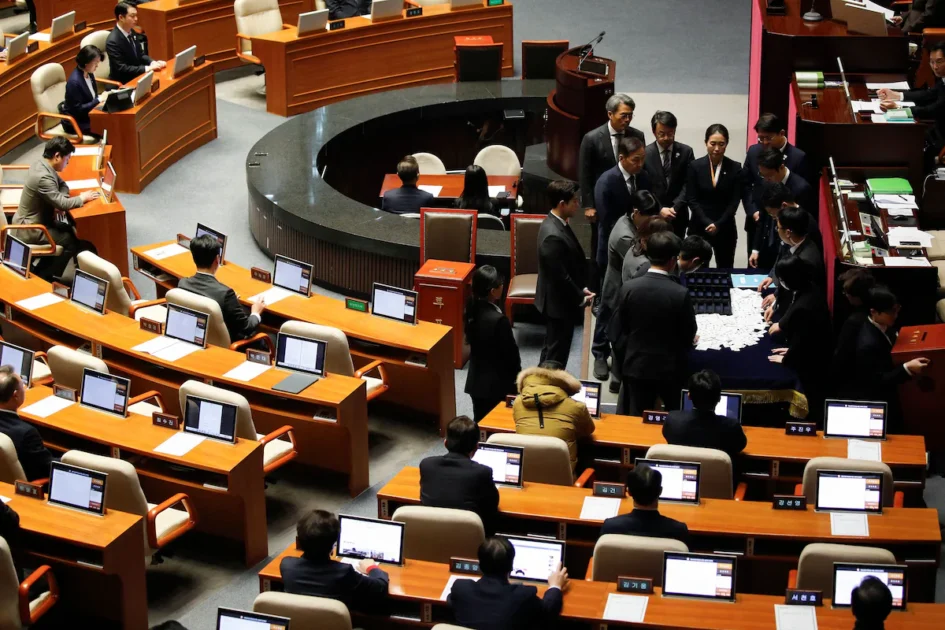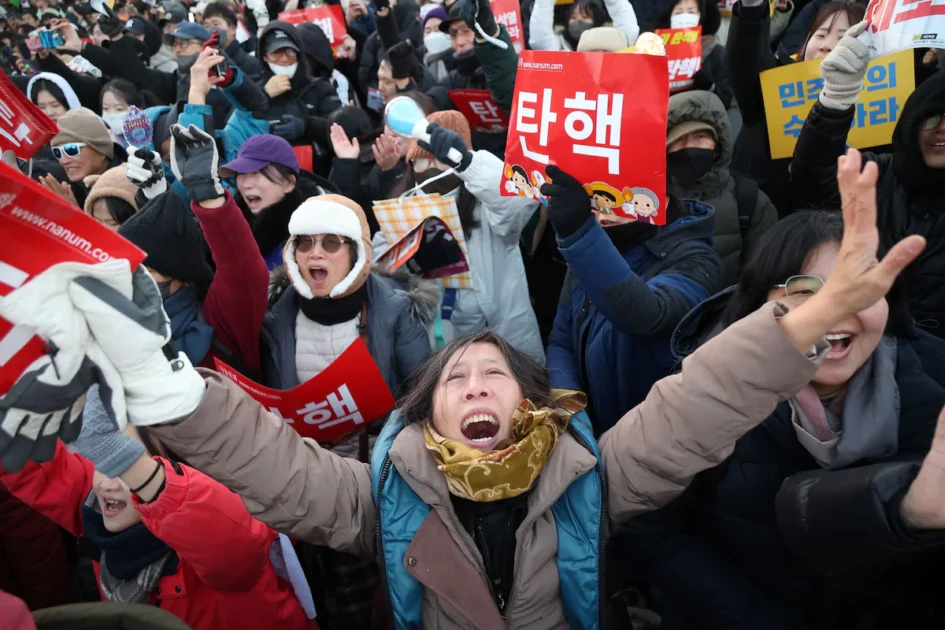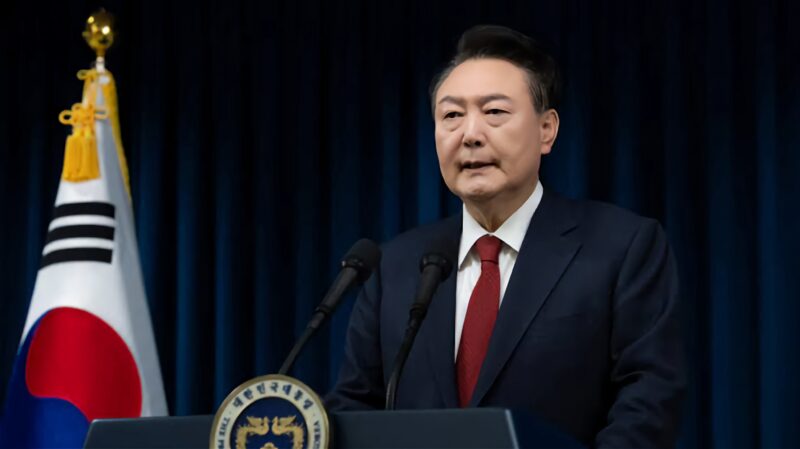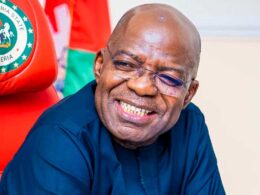South Korea Plunged into Political Turmoil as President Yoon Suk Yeol is Impeached Over Martial Law Scandal; Constitutional Court to Decide His Fate in Historic Case
In a dramatic turn of events, South Korea’s National Assembly voted on Saturday to impeach President Yoon Suk Yeol, suspending him from authority over a controversial martial law declaration on December 3 that has plunged the nation into political chaos.
The impeachment motion, passed during a plenary session, received overwhelming support. Out of 300 lawmakers, 204 voted in favor, 85 opposed, three abstained, and eight ballots were declared invalid. The vote surpassed the 200-vote threshold required, with at least 12 lawmakers from Yoon’s conservative People Power Party (PPP) breaking ranks to join the liberal bloc led by the Democratic Party (DP).
Yoon Becomes Third Korean President Impeached by National Assembly

Yoon’s impeachment is a historic moment, marking only the third time a sitting South Korean president has been impeached, following Roh Moo-hyun in 2004 and Park Geun-hye in 2016. The motion accuses Yoon of constitutional violations, improper use of martial law, and treason.
With Yoon suspended, Prime Minister Han Duck-soo has stepped in as acting president, as mandated by the Constitution. The impeachment now moves to the Constitutional Court, where six out of nine justices must approve it for Yoon’s removal to be finalized. If upheld, Yoon will become only the second president to be removed during their term, after Park’s removal in 2017.
Fall From Grace: Yoon’s Rapid Descent
President Yoon, who rose to power as a prosecutor targeting corruption, assumed office on May 10, 2022. His presidency lasted just 949 days before his suspension. Yoon’s political career began less than a year before his narrow election victory, but his legacy now hangs by a thread.
Opposition Leader Gains Ground Amid Turbulence
The impeachment has strengthened the position of DP leader Rep. Lee Jae-myung, who is seen as the frontrunner for the next presidential election. However, Lee’s own legal troubles—including recent convictions and ongoing investigations—may complicate his path to the presidency.

What Happens Next?
The Constitutional Court has up to 180 days to review the motion, but a decision is expected by March or April. If the impeachment is upheld, a presidential by-election must be held within 60 days. In a statement, the DP hailed the impeachment as a “victory for democracy” and called for a swift trial.
Emergency Cabinet Meeting Held as Nation Watches
Following the impeachment, acting President Han Duck-soo convened an emergency Cabinet meeting Saturday evening to ensure government operations continue smoothly during the political crisis. Han is set to deliver a public address later in the day, urging stability amid uncertainty.
This latest impeachment underscores South Korea’s deepening political divisions and sets the stage for a turbulent year ahead.










Join our Channel...